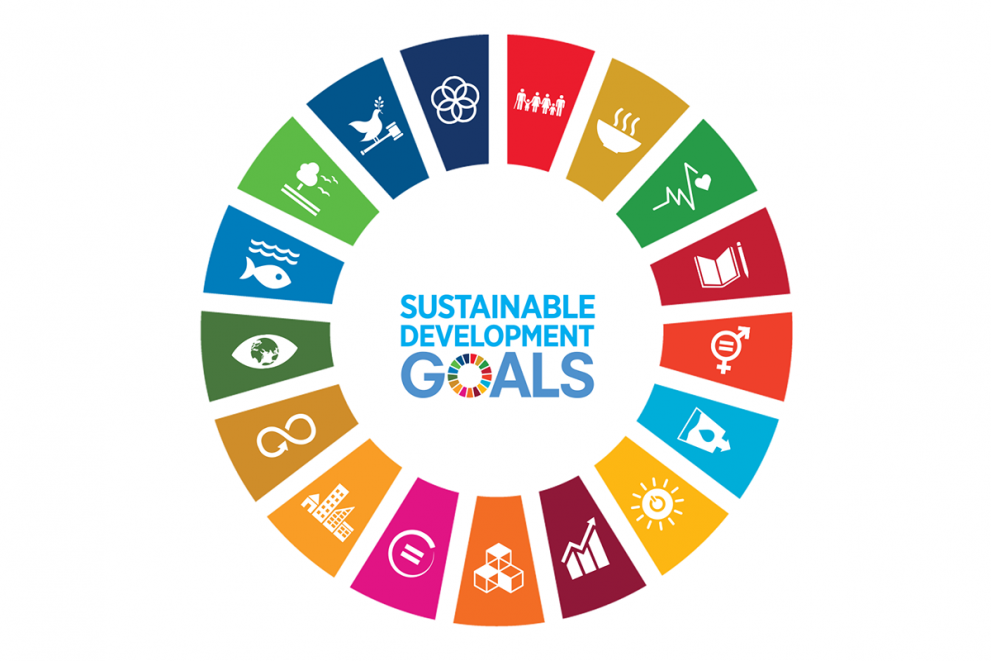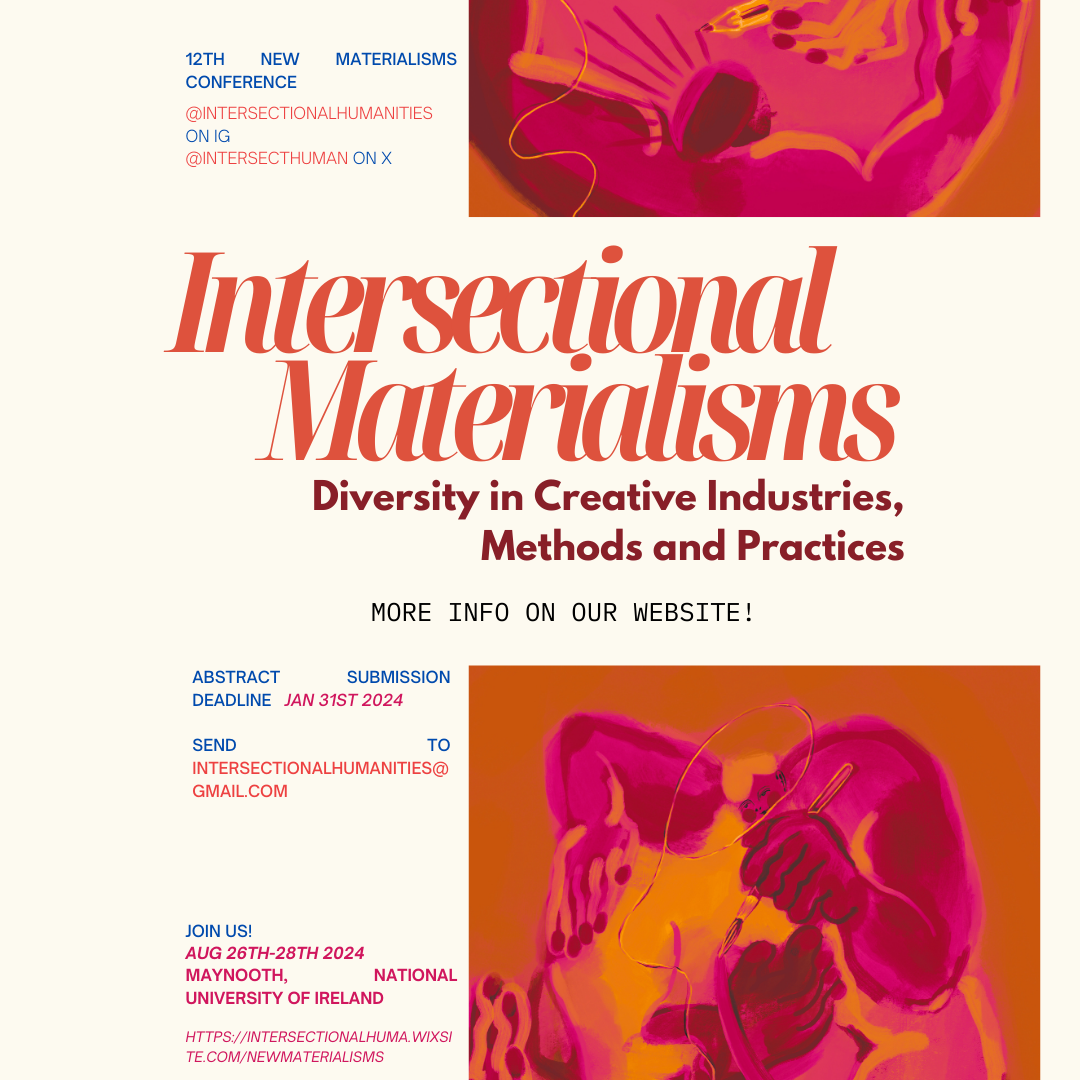-

SDGs, Precarity and Literary Studies
Live program on the sustainable development goals, literature and precarity 1-6 July!
-
Call for proposals for Alliances and Commonalities conference 2024 is open
Stockholm University of the Arts is pleased to announce that the Call for proposals for Alliances and Commonalities conference 2024 is open. Call for proposals […]
-

12th New Materialisms conference at Maynooth University, Ireland
Intersectional Materialisms: Diversity in Creative Industries, Methods and Practices Finally it is here! We are very proud to announce the upcoming 12th New Materialisms conference, […]